
The Flood Green Guide organizes flood management methods into two categories: structural and non-structural. Structural methods involve physical changes to natural features or human infrastructure, including engineered (hard) methods (sometimes referred to as gray methods), such as dams or floodways, and natural and nature-based (soft) methods (sometimes referred to as green methods), such as wetland protection, upper watershed restoration or rain gardens.
View this complete post...












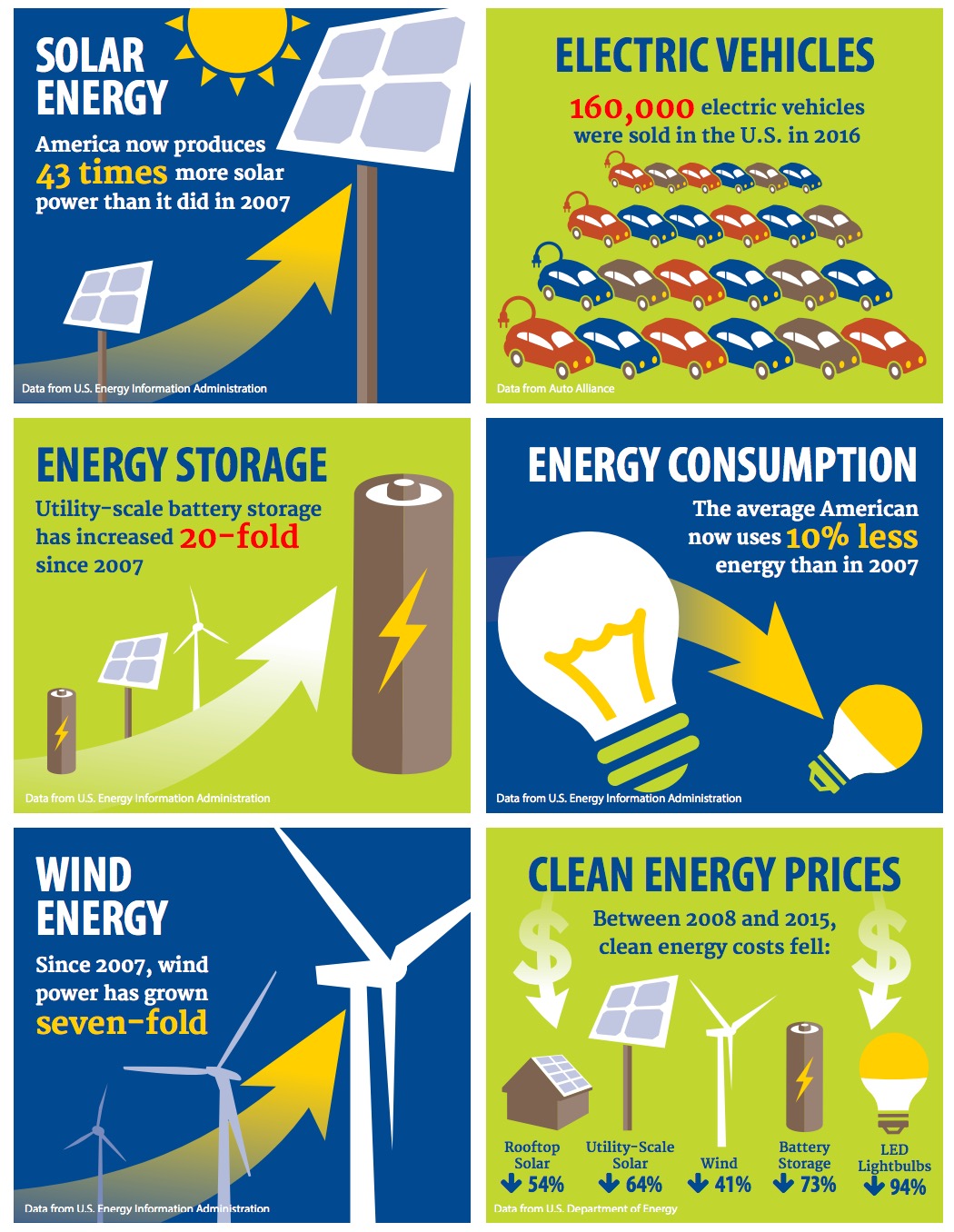

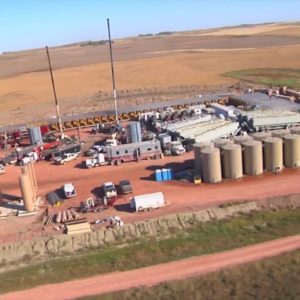
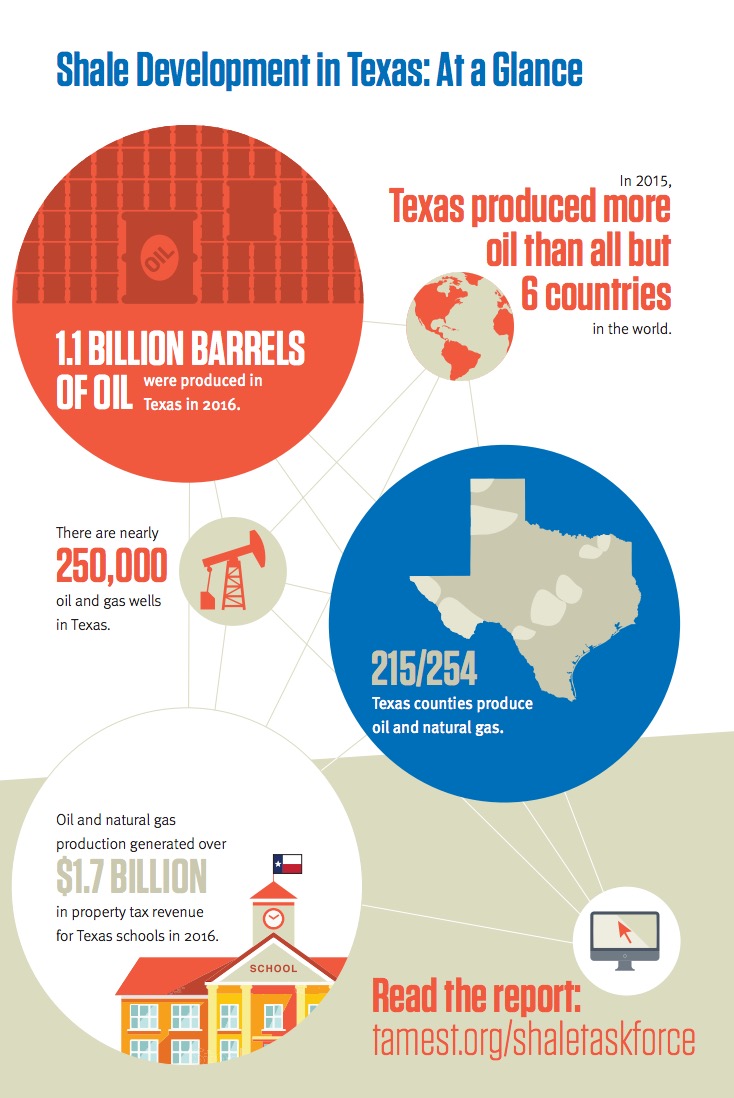
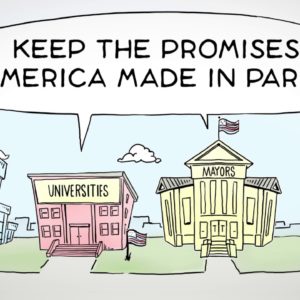


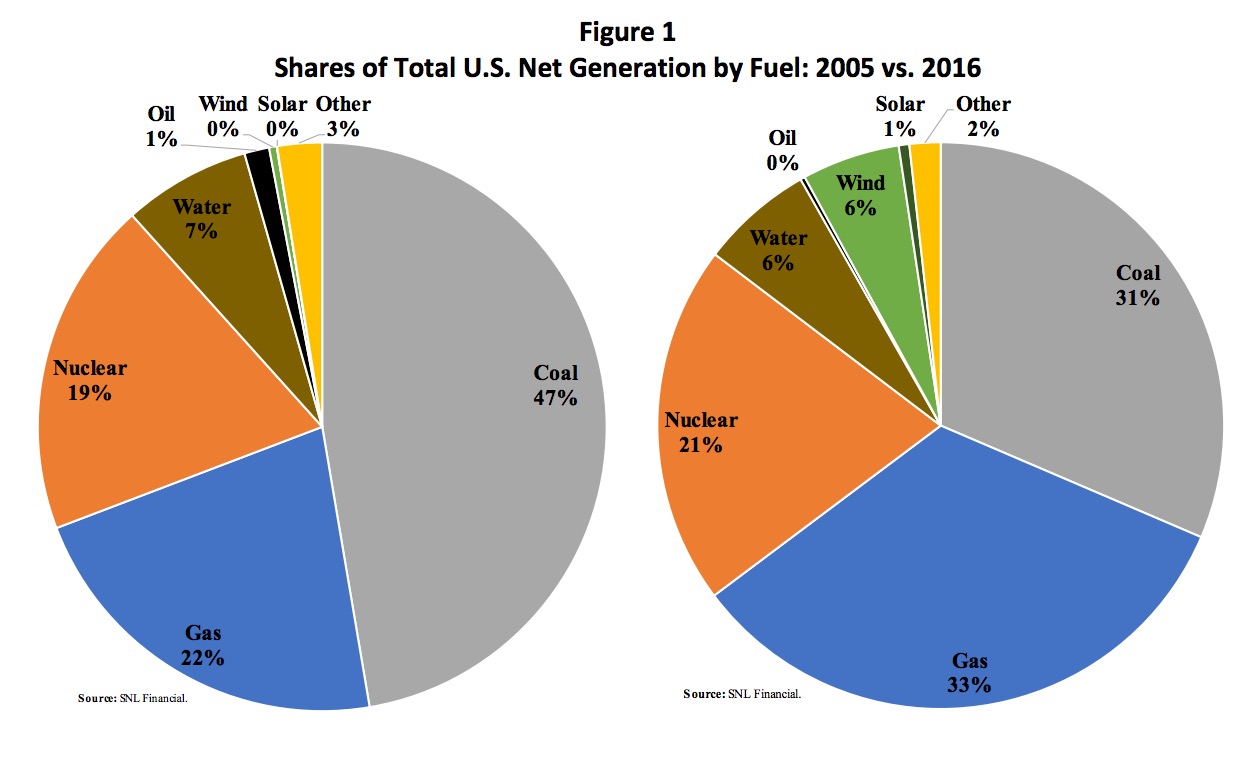

 RSS Feed
RSS Feed